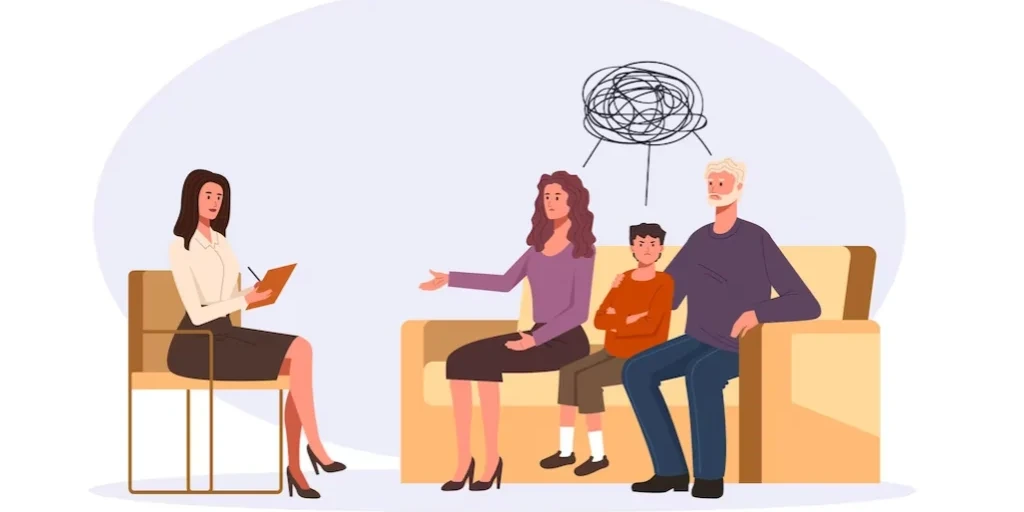24/7 Helpline:
(866) 899-111424/7 Helpline:
(866) 899-1114
Learn more about Eating Disorder Treatment centers in Newkirk
Eating Disorder Treatment in Other Cities

Other Insurance Options

Multiplan

MHNNet Behavioral Health

Holman Group

PHCS Network

UnitedHealth Group

American Behavioral

Magellan

BlueShield

Group Health Incorporated

Health Partners

Self-pay options
Beacon

Lucent

State Farm

Health Choice

Cigna

Meritain

Highmark

BHS | Behavioral Health Systems

Sliding scale payment assistance









Tonkawa Tribe – Substance Abuse Program
Indian Alcohol and Substance Abuse Tonkawa Tribe of Oklahoma offers outpatient services for people s...

Edwin Fair Community Mental Health Center – Kay County
Edwin Fair Community Mental Health Center – Kay County is a private rehab located in Ponca City, Okl...

Bridgeway
Bridgeway is located in Ponca City, Oklahoma. Bridgeway provides substance abuse treatment.

Ponca City Rightway Medical
Ponca City Rightway Medical is a private rehab located in Ponca City, Oklahoma. Ponca City Rightway ...


































Alpha II
Alpha II is a private rehab located in Tonkawa, Oklahoma. Alpha II specializes in the treatment of a...



























